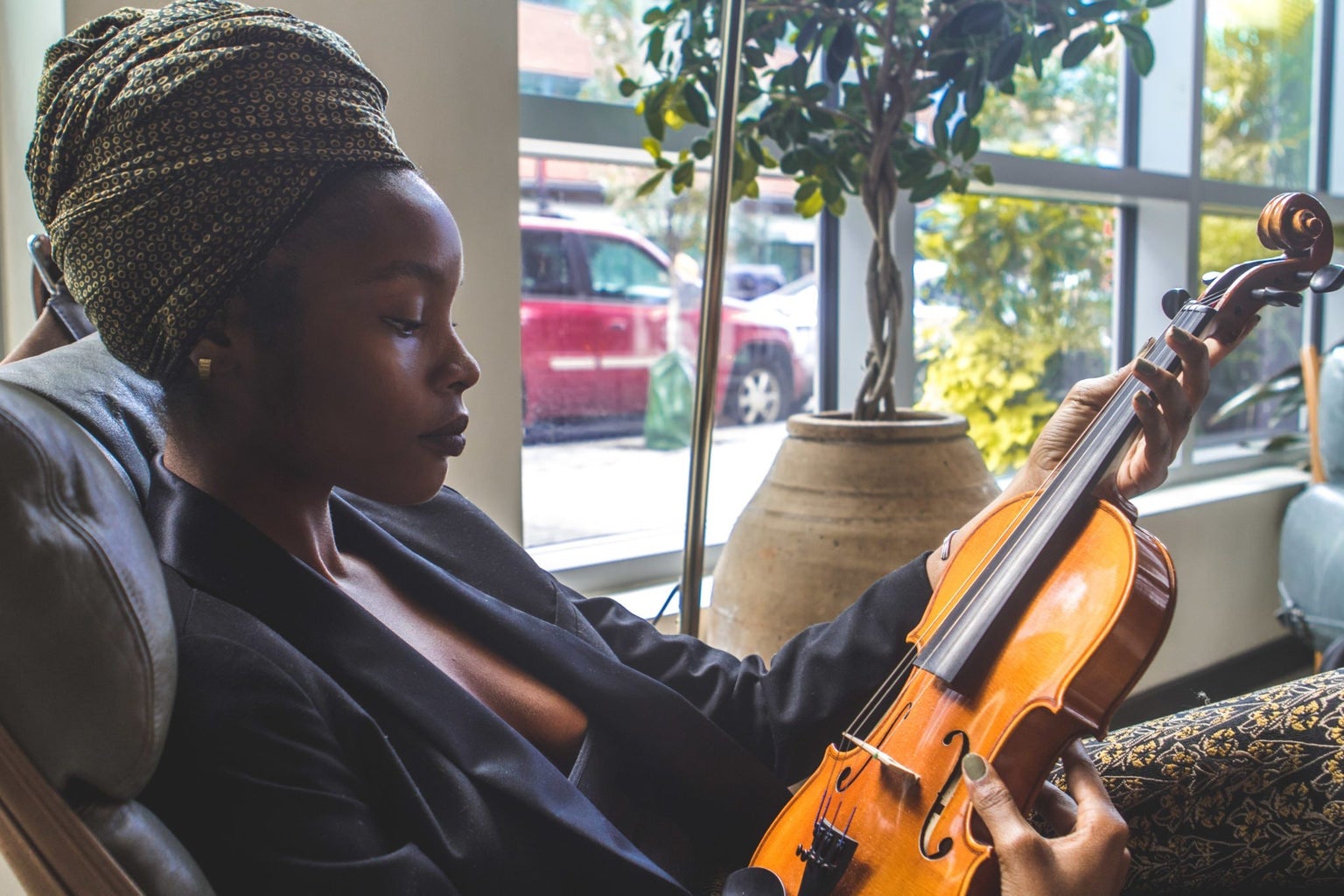What is music? By definition, it is an auditory art comprised of meaningful arrangements of sound with a relation to pitch, rhythm, and tonality. While this definition connects to what we interpret as music, it doesn’t explain the way music makes us feel. Music speaks to our hearts and encompasses a diversity of emotions, and it has the capability of leaving us speechless. On two occasions in my life I have been listening to a song and was overcome with so many emotions that I shed tears. Not because I was sad or because it had a negative association, but because it was so powerful that the only response my body could process was crying. In these moments I felt like I needed to understand how I was feeling and why I was feeling that certain way, but someone very important to me taught me to embrace the feeling and appreciate the beauty of music and its power.
From a neuroscience perspective, a lot of the emotional significance that we find in music comes from our own life experiences. Once we understand the emotional context of a piece of music, a population of brain cells called mirror neurons are triggered. These cells mentally stimulate the behaviors that we observe or experience in the world around us. When music sparks these neurons, we are able to empathize with the emotion of music and experience the weight of these emotions.
There is an Audiotree Live album written by a band I started listening to about three years ago called The Brazen Youth. I’ve listened to this album over 30 times, and its folk genre was a big part of my musical preferences throughout the pandemic. In the summer of 2020 (that was ruined by COVID-19), I took a trip to Little Pines State Park with my boyfriend. On the way there, driving through the mountains with the blue sky above us, we listened to this Brazen Youth album. This trip was the first time during the entire pandemic that I had felt unafraid. We were in nature, camping with nothing but the stars and nature around us, and I was free of stress and all of the sadness of my senior year being uprooted. We hiked and existed, and as we left this peaceful world to head back home, we listened to this album once again.
Months later, when I was home doing college online because of the virus, I was sitting apart from my boyfriend in my dark, unfinished sunroom, listening to this same album on a cabinet speaker we had picked up earlier in the day. As the last song on the album, “You’ll Be Forever Nameless,” played, I wept. In that moment, I didn’t feel sorrow or distress, but rather euphoria. Even now, almost two years after that lapse in understanding, it is impossible to put into words what I felt. Through everything I lost and missed out on because of COVID-19, this song at that moment allowed me to finally feel peace again.
While not every experience with music is expected to evoke tears, it’s astounding how much pleasure music brings into our lives. No matter the emotion we are feeling, there is always a piece of music that we can connect to. Some of the most powerful responses to music come from expectation, tension, and then resolution. As we listen to music, our brains are constantly trying to predict what is coming up based on what we’ve just heard and our previous musical experiences. When we guess correctly, a rush of dopamine is sent to our brain, which is what creates the thrill we get at a particularly beautiful musical moment. Dopamine triggers yet another factor in our nervous system, and then suddenly, we are experiencing physical responses like chills… all from music.
There are so many reasons to immerse yourself in music, from the scientific perspective, to the emotional aspect, and to the lack of understanding it creates. Music is such a beautiful art form, whether you’re producing music, interpreting it, connecting with it, playing it, or all of the above. Never be afraid to expand your musical horizons. You never know what you may find or how it will make you feel.
Can’t get enough of HC UMass Amherst? Be sure to follow us on Instagram, listen to us on Spotify, like us on Facebook, and read our latest Tweets!




